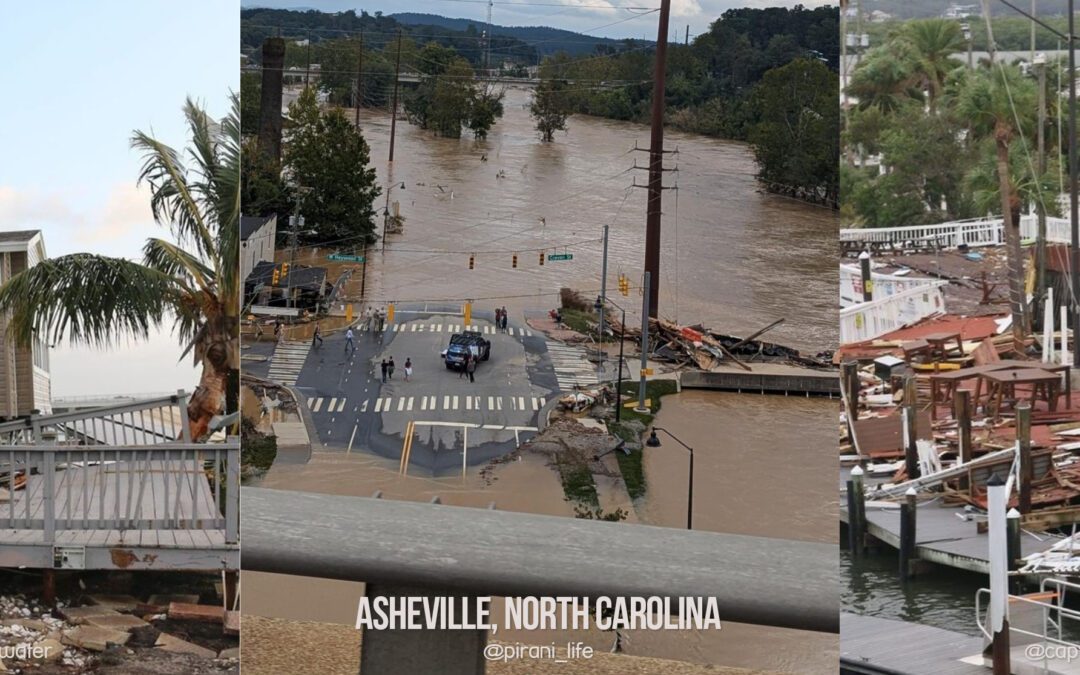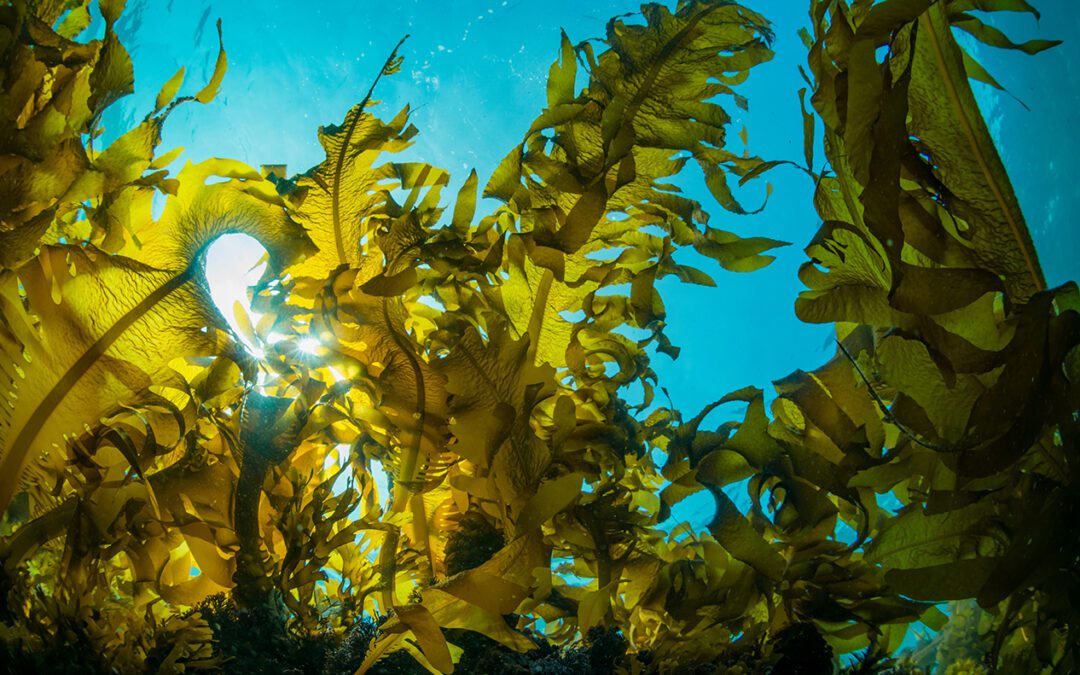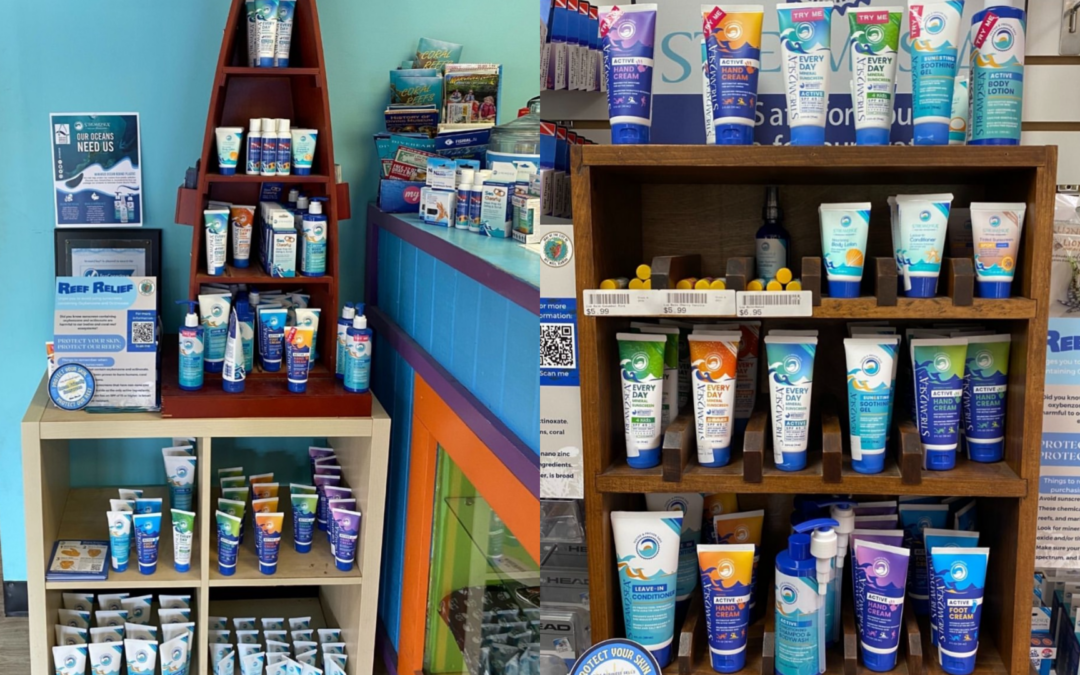We often talk about eco-awareness among divers, because the whole concept of Stream2Sea’s reef-safe products was developed by a diving fanatic. But there are plenty of other places and activities you might not think about when you’re trying to reduce your impact — and one of those places is cruise ships. Cruise ships, pardon the pun, are a boatload of fun. They’re like adult theme parks that take you out to sea and let you relax away from the pressures of your mainland worries. Since cruise ship packages are fairly affordable, even the most frugal families can afford an incredible vacation to amazing destinations. But as wonderful as cruise ships are, not even the very best wastewater treatment plants (on land or at sea) remove a lot of the gunk some of us still smother on our bodies — particularly onboard a ship where our skin and hair are particularly stressed. According to data collected by the Environmental Protection Agency (EPA), an average cruise ship with 3,000 passengers and crew produces about 21,000 gallons of sewage a day — enough to fill 10 backyard swimming pools in a week.
That adds up to more than one billion gallons a year for the industry.
Since no standards exist for removing chemicals like oxybenzone, parabens, diazolidinyl urea, and phenoxyethanol, they go right through any wastewater treatment system. On a cruise, that means they end up directly in our oceans — creating unsuspecting and undeserving contaminated ecosystems. More and more cruise lines are moving to newer wastewater treatment systems but none of them are set up to capture what scientists call “contaminants of emerging concern” because the technology simply doesn’t exist. And except for the state of Hawaii and a few tropical marine parks, no one regulates chemicals in sunscreen and personal care products. In fact, the US Food and Drug Administration has banned only 11 chemicals, compared to 1,328 banned by the European Union.
That makes it critical that consumers make the right choices. So what can you do to help? Two things!
Take initiative! Because Stream2Sea products are the only third-party-tested skin and suncare products that have been proven to be ocean and reef safe, pack us with you! Your soap, shampoo, and conditioners will be safe for the marine life even if they aren’t captured in a wastewater treatment system. Plus, on cruise trips you usually dock for the day to play on the beach, so you’ll want to know that all the products you have been using, including sunscreen, won’t wash harmful chemicals into the waves. Do your research! Don’t book with a cruise that hasn’t updated their wastewater treatment systems with more eco-conscious technology. If you’re ready to book right now, google the cruise you’re considering with the phrase “wastewater treatment” to make sure they’re one of the lines that has invested in the latest reef-safe systems to minimize their impact our oceans.
Wherever you go, remember that your choices make a difference in the ecosystems we love. And for you cruisers out there: bon voyage!



